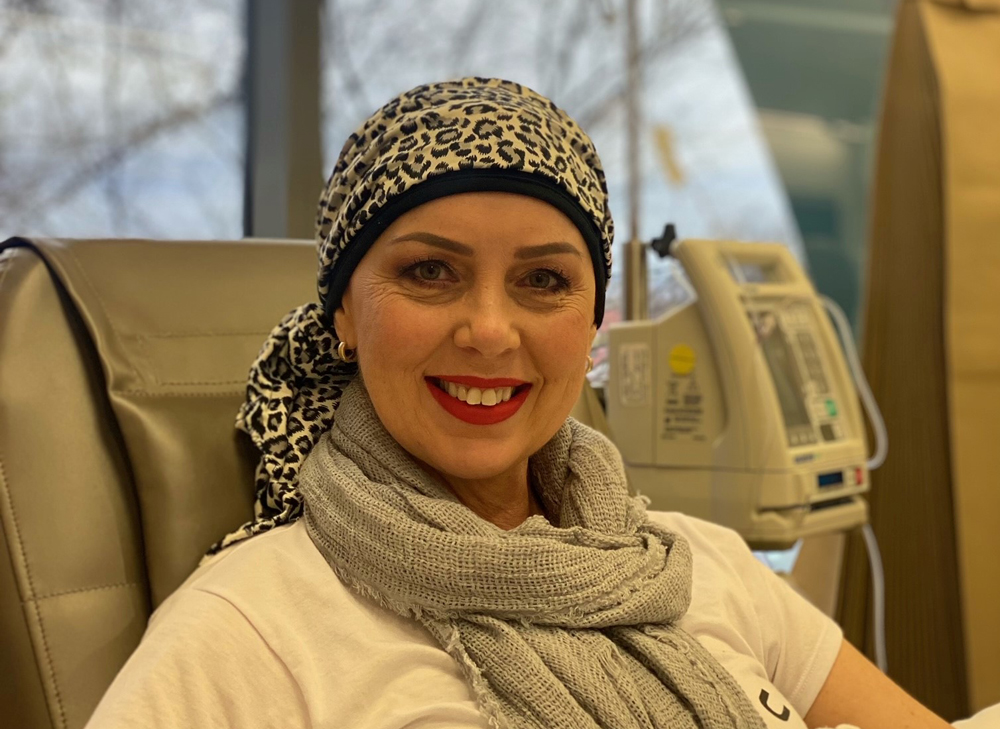
Research unit joins new cutting-edge trial
After undergoing chemotherapy and radiation, Kylie Bannerman “jumped” at the chance to be involved in a clinical trial.
The Wodonga mum is among five women taking part in an international breast cancer trial through the Border Medical Oncology Research Unit which involves the new hormonal drug, giredestrant.
The unit is only one of 10 Australian cancer centres to participate in the study aiming to prevent breast cancer recurrence and reduce side effects.
After being diagnosed with in April 2021, Mrs Bannerman underwent surgery, chemotherapy and radiation.
She volunteered for the trial in the hope it would have less side effects and offer a better quality of life.
“It jumped right out at me and I thought I need to do this,” she said.
“I need to help others and I felt that this was the best thing to do.
“Some of the side effects from the other drugs have been pretty ordinary, so this was a no-brainer for me.”
Called the LidERA trial, the study aims to enrol 4100 early-stage breast cancer patients around the world.
Treatment will be conducted over five years, or until disease recurrence or unacceptable side-effects develop.
Medical oncologist, Dr Kerry Clarke, said there was strict eligibility criteria for women to be involved, including being medium to high risk breast cancer patients and having completed surgery.
Dr Clarke said BMO was excited to be asked to participate in the study which may become a “pivotal” project in the treatment of breast cancer patients.
“Being a potent oral drug with an excellent safety profile, giredestrant may enable a better chance of reducing breast cancer recurrence as well as a lower rate of side-effects,” she said.
“Potentially that’s an important step forward, but we await the results of this trial.”
Mrs Bannerman has been taking a single capsule once a day and found there to be virtually no side effects.
Being able to access the treatment at the Albury Wodonga Regional Cancer Centre has also meant she can be with her family and continue to live life as close to normal as possible.
“It’s so important to be able to have your immediate support network around you, for your own mental health as well,” she said.
“To have to travel would be way too taxing so it’s really important to be able to rest, and continue about your daily life as much as possible.”


